BHHI Opinions
Image
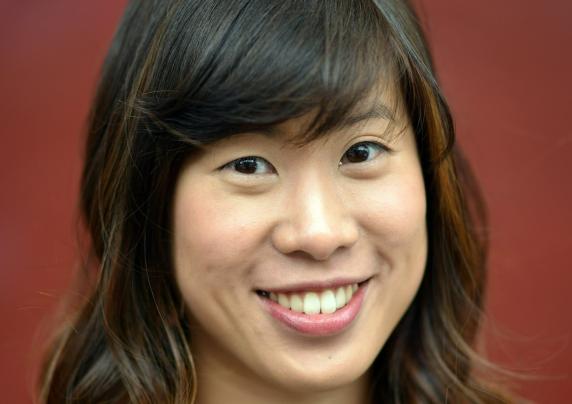
Drug Testing Welfare Recipients Would Only Add to San Francisco’s Homeless Ranks
The San Francisco Standard •
February 23, 2024
Image
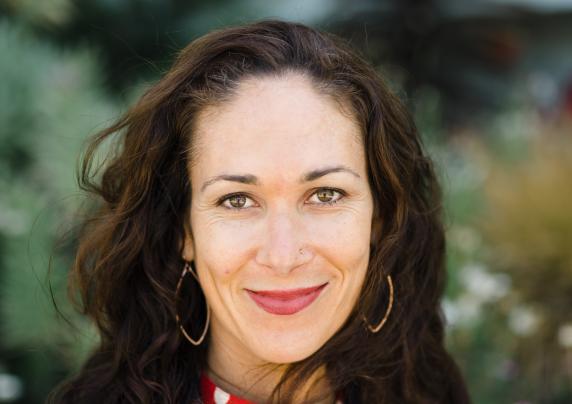
Breaking the Silence: A Call for Rapid Hepatitis C Testing to Save Black Lives in America
Visible •
February 20, 2024
Image
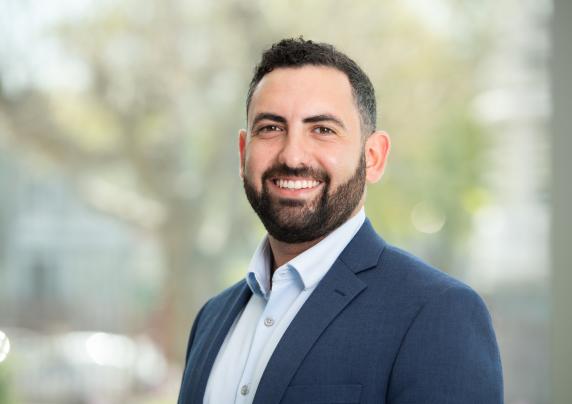
Doing Away With Needle Exchange Programs Won't Prevent Drug Use
Medpage Today •
February 12, 2024
Image
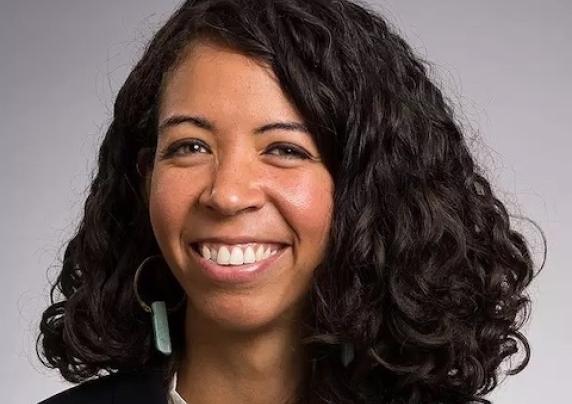
Housing Should Be a Human Right
Chicago Sun-Times •
February 11, 2024
Image
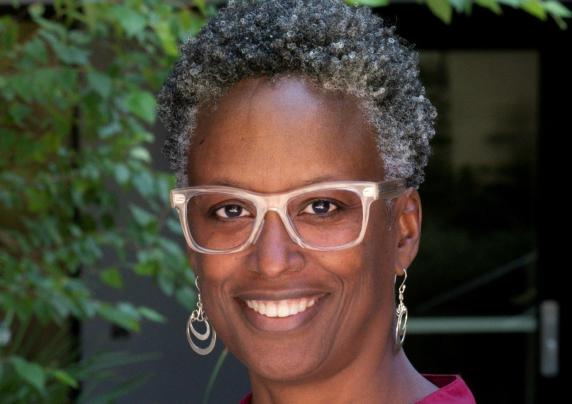
Most Unhoused Youth Are Invisible. How Do We Bring Them Out of the Shadows?
San Francisco Chronicle •
February 4, 2024
Image
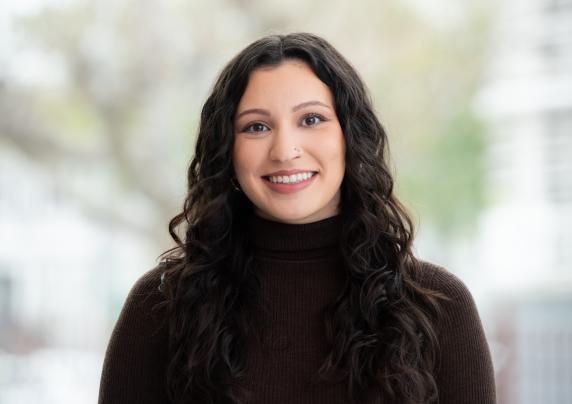
Why Expanding Loan Forgiveness Is Urgent
Common Dreams •
January 27, 2024
Image
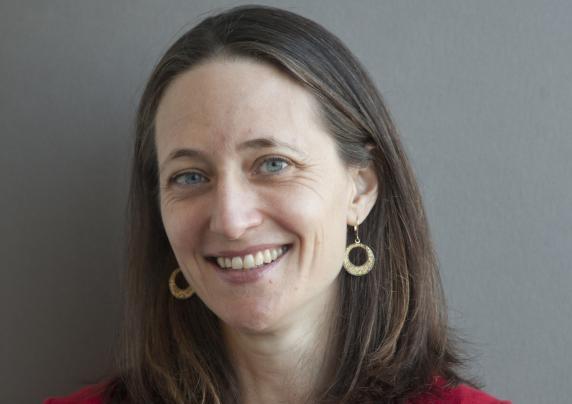
Progressive States Must Become Safe Havens for LGBTQ Adolescents
Washington Blade •
January 12, 2024
Image
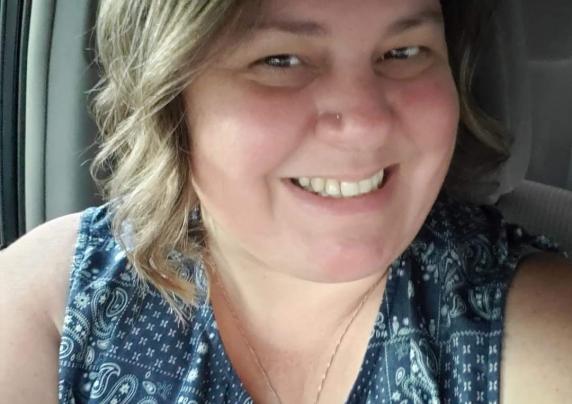
Unfair “Fair” Housing Act Requires Reform
Visible •
January 9, 2024
Image
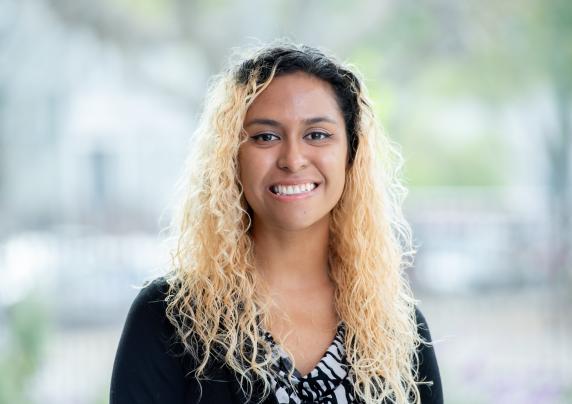
When College Students Have No Home, It’s Up to Their Schools To Step Up
Chicago Sun-Times •
January 5, 2024
Image
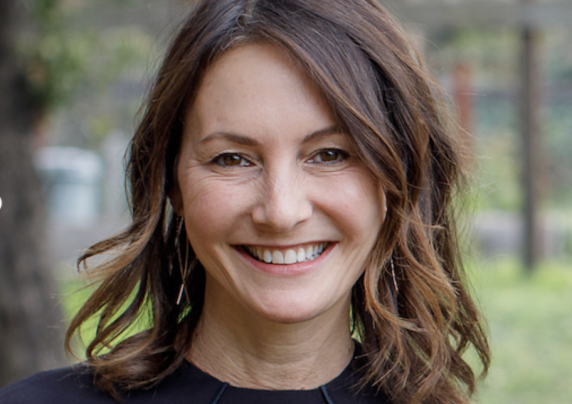
A Doctor's Obligation as a Private Citizen
MedPage Today •
January 5, 2024